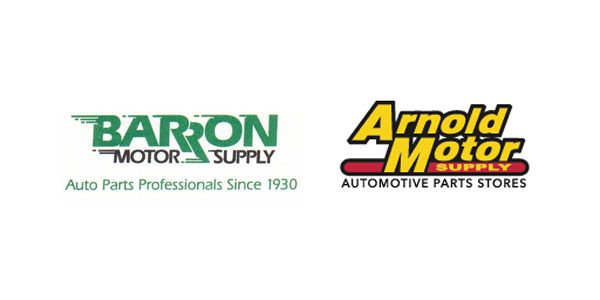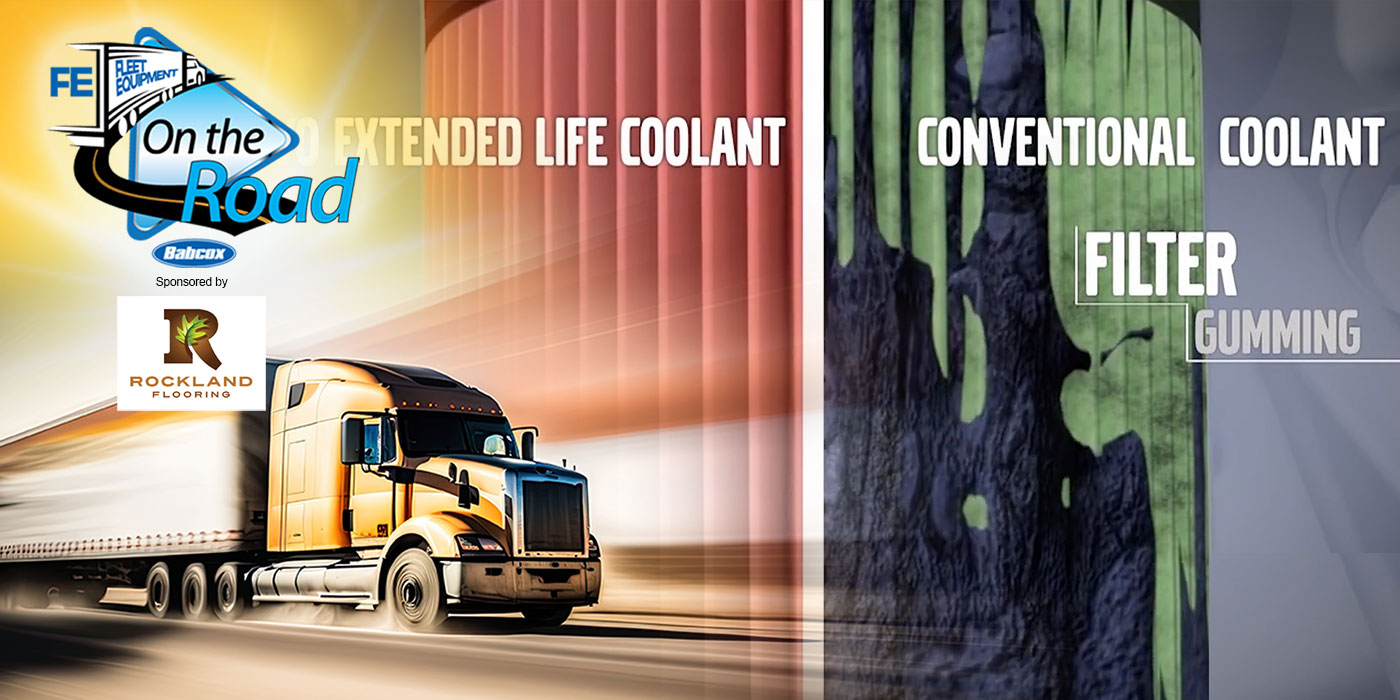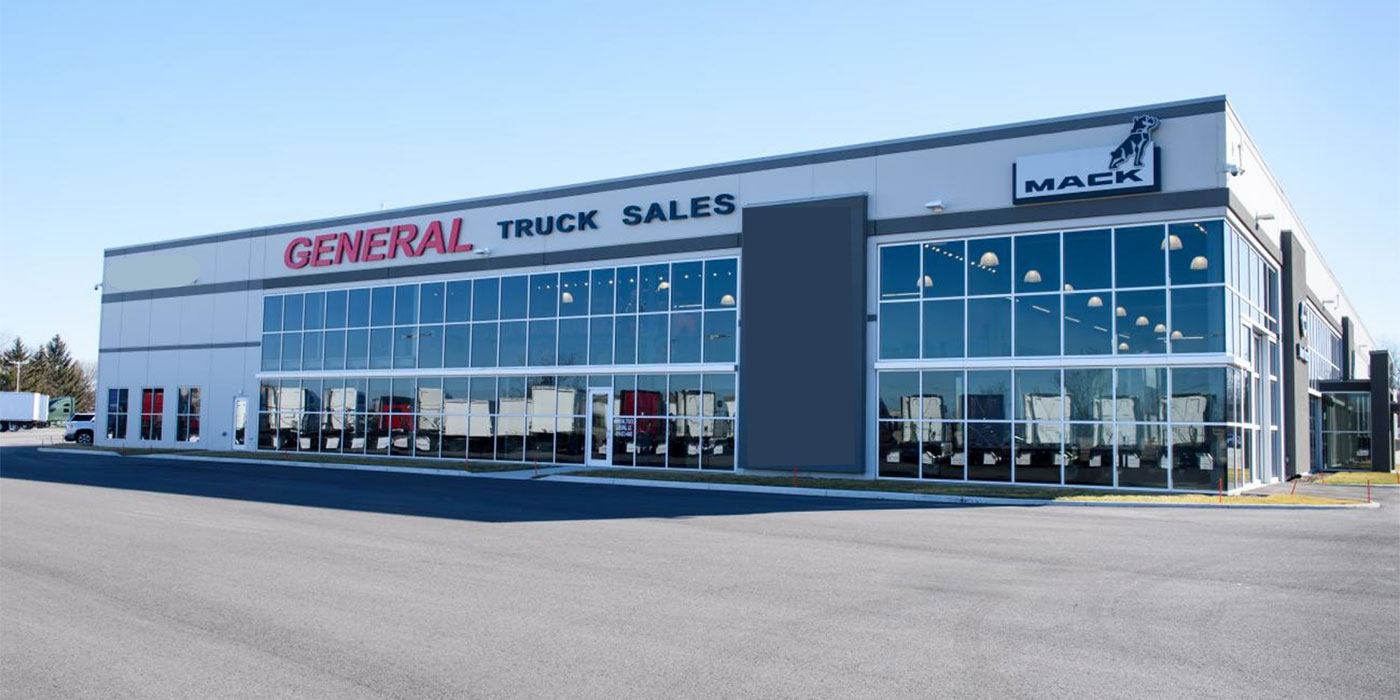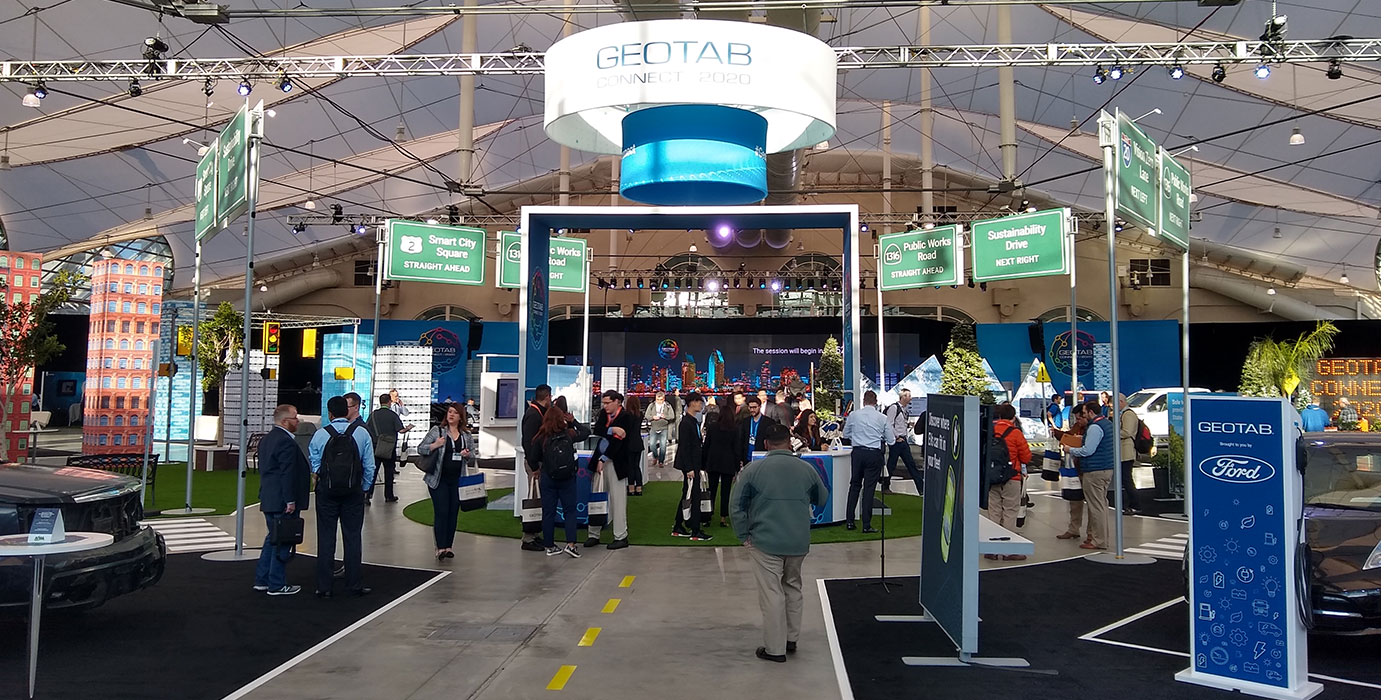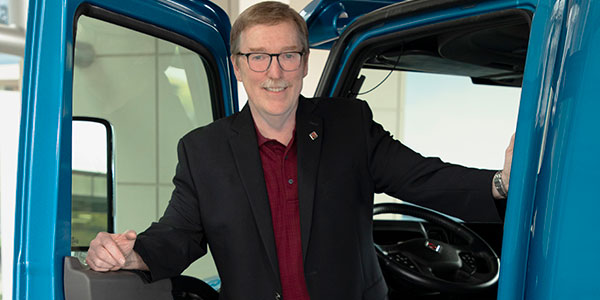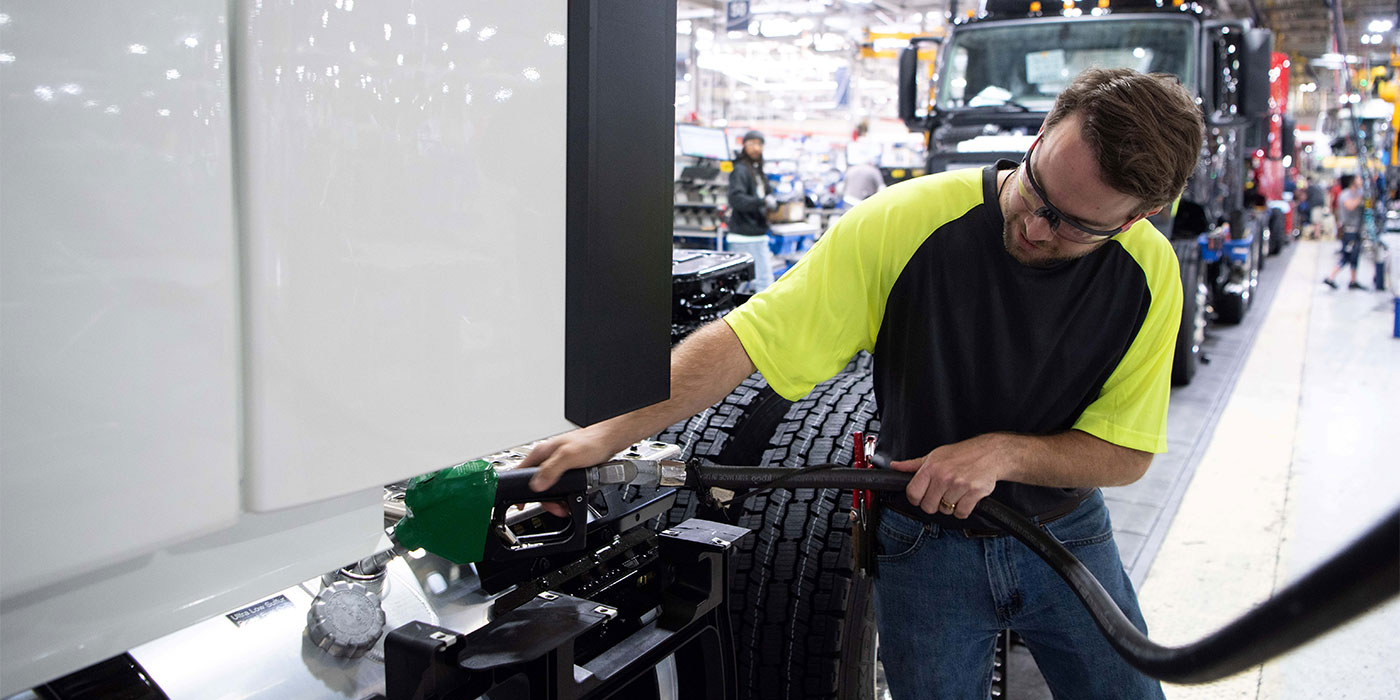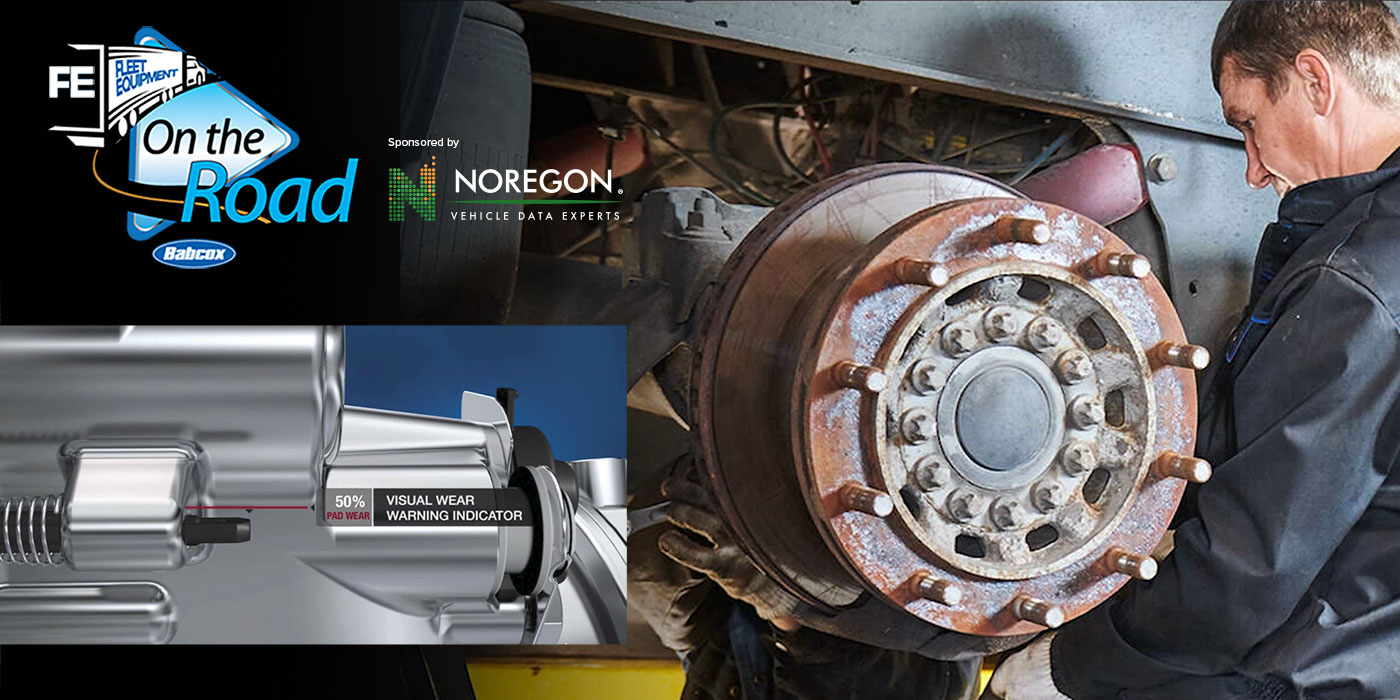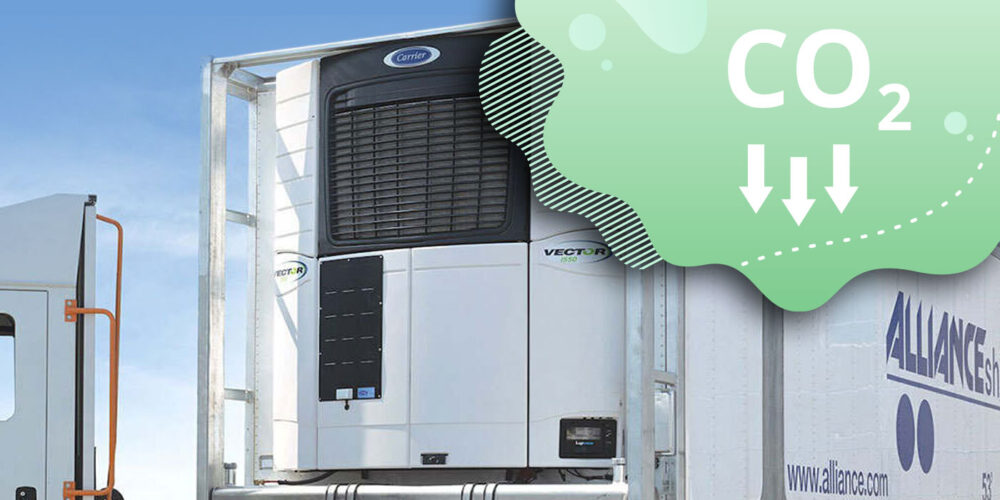Reducing refrigeration emissions through diesel particulate filters
Rypos says active DPFs come with an initial cost, but will bring your fleet savings in the long run, while combating climate change.
Transport refrigeration units (TRUs) play an important role in the cold chain industry. However, their diesel emissions can contribute to climate change and public health risks. With an increasing focus on sustainability, deploying diesel particulate filter (DPF) technology can mitigate the environmental impact of diesel engines and help fleet operations managers meet company environmental, social and governance goals.
Florida Pneumatic releases new Aircat riveters
Two models with two different levels of power have been released.
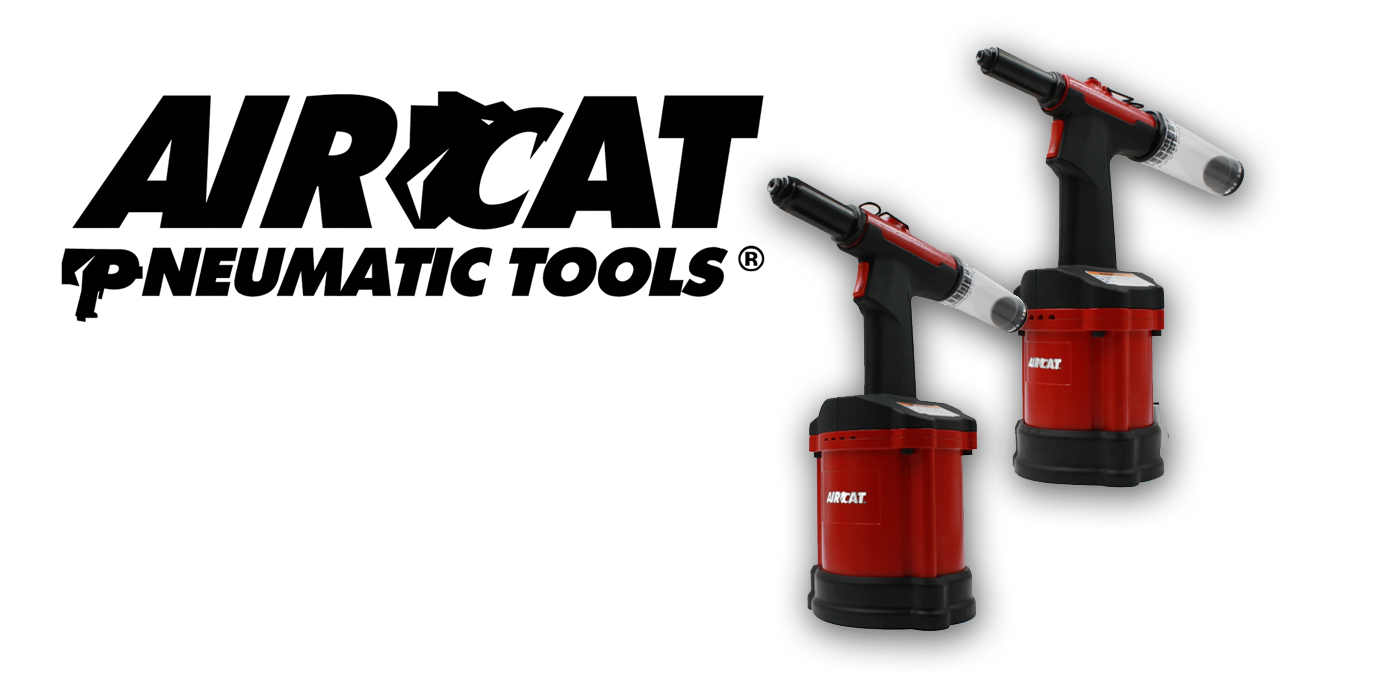
Navistar passes 100 EV authorized dealers
Over 30% of all dealer locations will be able to support EV sales and service, across 41 states and seven of 10 Canadian Provinces.

ACT Research predicts ‘year of transition’ as trailer orders fall in March
ACT says while softer order activity still meets expectations, net orders remain challenged by weak profitability for for-hire truckers.

TechCelerate Now awarded phase 2 contract
The program aims to reduce accidents by speeding up the trucking industry’s adoption of ADAS systems.
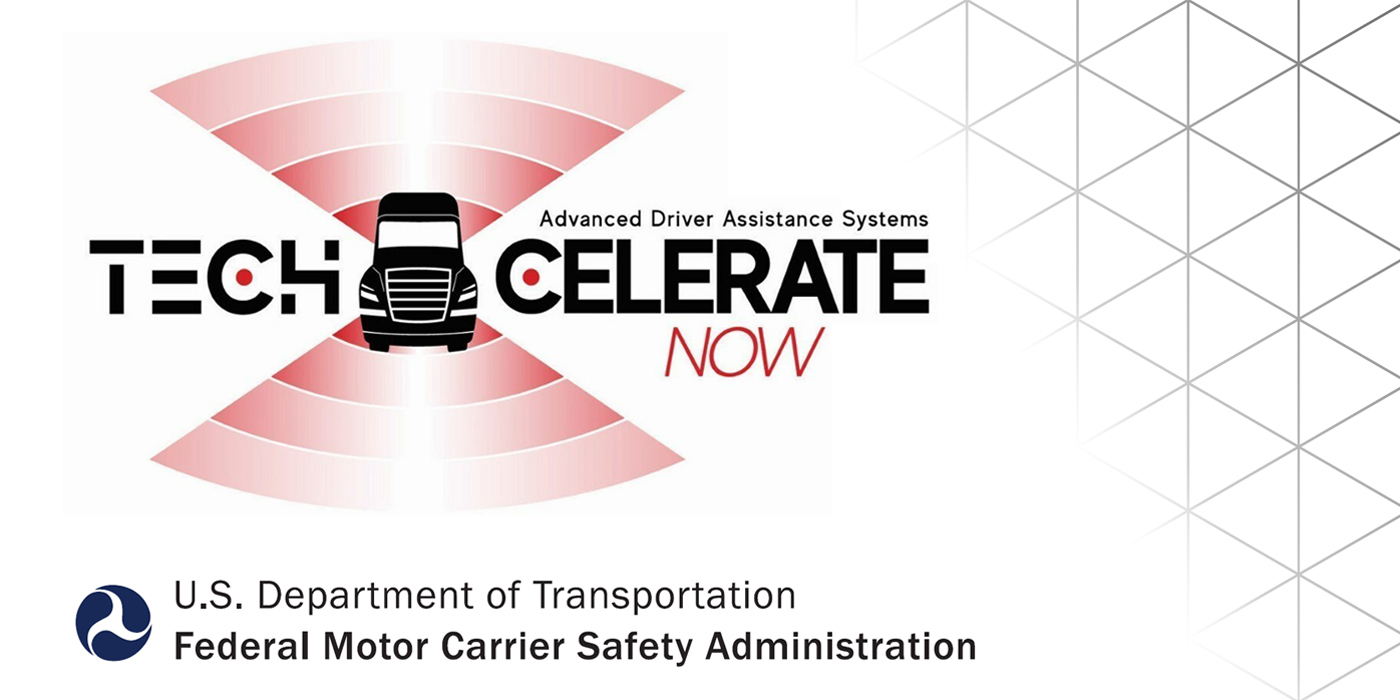
Other Posts
Scania expands BEV truck offerings
Calling it the “9-litre engine equivalent” to a diesel truck, Scania believes its new EM C1-2 will benefit construction-oriented operations.
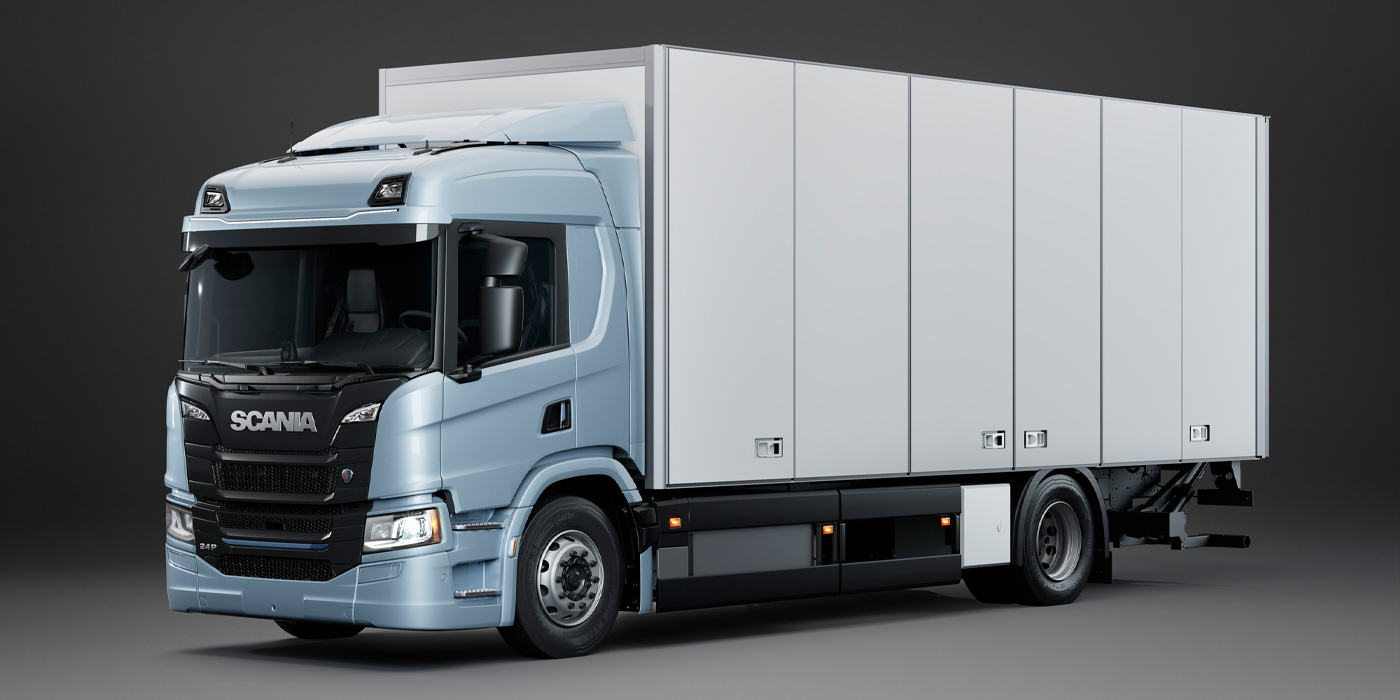
Ceres: EPA Phase 3 ruling will ‘significantly reduce’ emissions
The new EPA standards will encourage an accelerated shift to cleaner vehicles.

Mercedes-Benz eActros 600 completes winter trials
Tested in the cold of Finland, and the heat of Spain, Mercedes-Benz says the BEV eActros 600 is slated to launch at the end of the year.

Thermo King brings BlueSeal air curtains to North America
Feedback from European customers for BlueSeal air curtains cites a lack of obstruction while maintaining an effective barrier.


